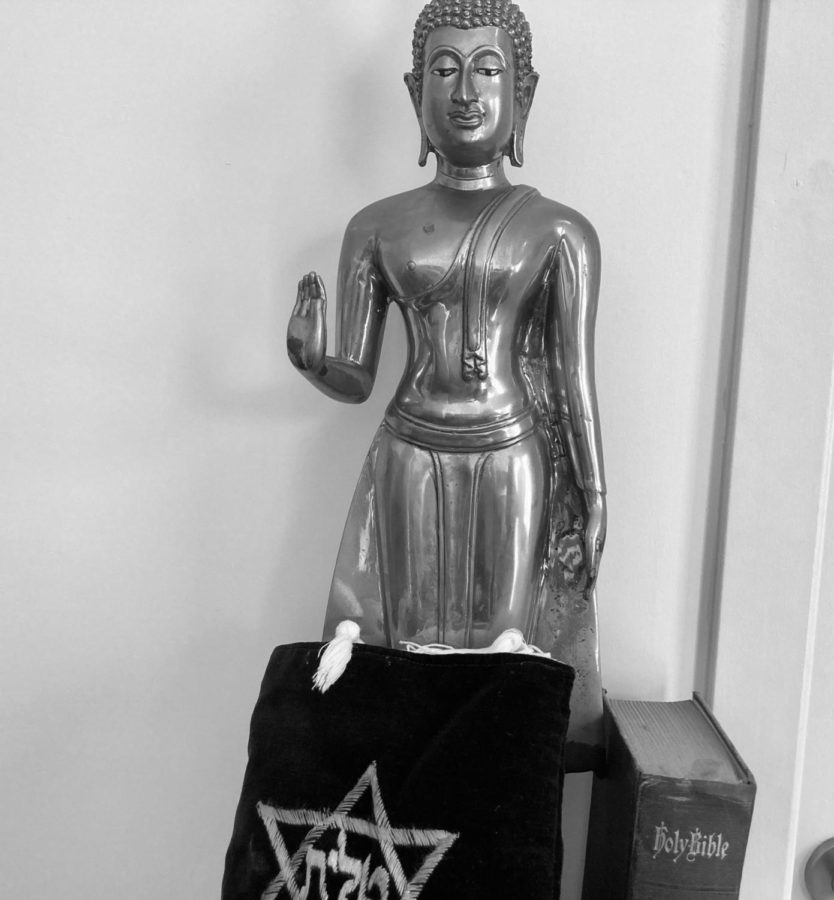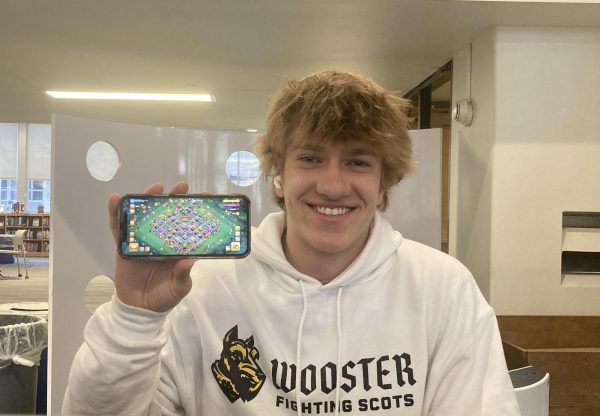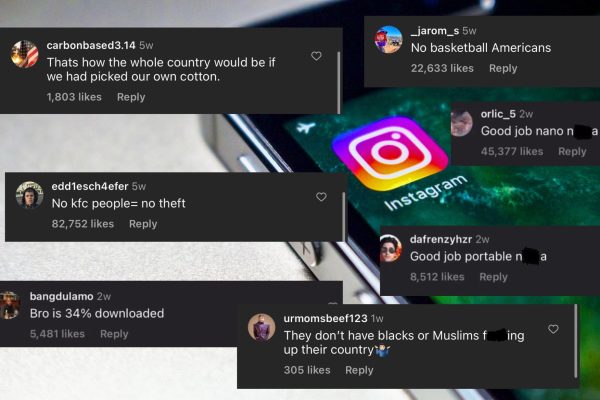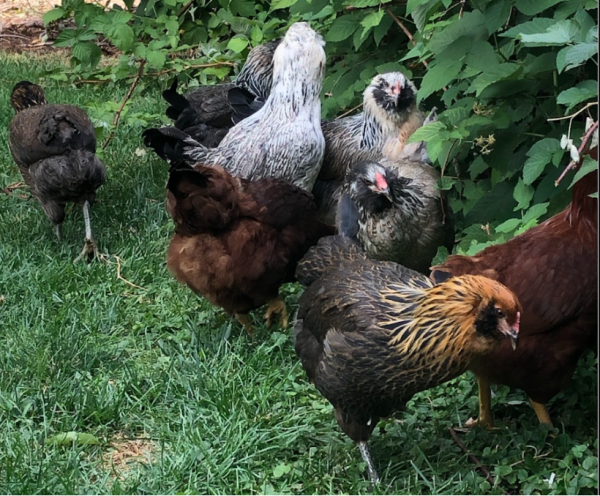Even When it’s Painful, Pay Attention to Faith
The sizable agnostic population in Boulder tends to foster an apathetic culture surrounding religion, and this ignorance ostracizes believers and drives further polarization.
Boulder is a decidedly agnostic place. While spiritual, the city lacks the same religious intensity that is prominent across its politics, culture, and societal structure. In this little microcosm, it’s understandably easy to ignore why faith holds such a prominent place in most of the world. It’s simple to dismiss religion (and particularly organized religion) as “the opiate of the masses”- something that’s used to subjugate and divide. Even if that’s true, religion has dictated the course of history- and the present -in ways too nuanced to simply take for granted.
There is incredible diversity within religion and an even broader understanding of how members define their connections to it. Religion itself serves as a guideline to a way of life, and when that structure is criticized, it feels like an attack on the self. But when religious texts and ideologies are promoted in a distorted view that interprets the text in racist terms, issues begin to surface.
This is especially true when religion fuels hatred. In a brilliant piece for the New York Times, David Brooks explores how Trump & racial reckoning has divided Evangelical America (the most common branch of Protestantism, characterized by its fundamentalism and belief in the necessity of salvation). Here, faith seems more about power- wielding it, defending it, blindly clinging to it -than spirituality or community. Brooks’ conclusion (although the article is far more nuanced and well worth a read) is that despite Evangelicalism’s deliberate lack of a hierarchy, it still perpetuates abuse and partisanship- although, crucially, many are trying to change that.
The flip side to this is when hatred targets faith. Mosques are under surveillance, churches blown up, synagogues held hostage, temples vandalized. Why, then, would someone draw attention to themselves by choosing to go to a place of worship or wear their head covering? It becomes increasingly dangerous to be a part of a religious minority, as it’s increasingly common to see headlines highlighting the latest hate crime. Overlooking the often fraying knot between religion, ethnicity, community, and culture, it seems like faith causes pain in every direction.
Yet, those who have experienced the most pain seem to gravitate the most towards religion. One of the faith’s biggest promises is answers about the unanswerable- death, injustice, purpose. Religion offers structured beliefs and a community to hold you up – a safety bar of sorts. Laurie Santos, professor of cognitive science at Yale, attributes religious community not only to security but to overall participation: “ …it seems to not be our beliefs but our actions that are driving the fact that religious people are happier.”
These same facets- beliefs and community – enable enforcing strict rules and ceaseless tribalism. Organized religion has long been the force wielded to oppress, invade, erase and dictate: the history of the world is littered with crusades, forced conversions, land disputes and war that is rooted in the inherent “us vs them” attitude of faith. This, precisely, is one of the reasons why studying faith (not dismissing it) is crucial to understanding the world as it is.
Boulder operates in a bubble. Diversifying a community with multiple, even opposing opinions makes way for a world of improvement. Communities will often be based on individual morals, which, in Boulder, are mostly derived from secularity. What breaks the mold is conversations, and conversations lead to change. Staying stagnant offers no room for exploration, making for a narrow-minded outlook on the world. Instead, it’s necessary to grow as a community, and more importantly, learn from those with different, even opposing religious identities. Conversations force reflection as a whole and enable breaking out of one’s comfort zone. A large portion of the USA, outside of our bubble, still partakes in religion – and therefore falls prey to its downfalls. People’s motives are often driven by something difficult to understand from a secular perspective- making conversations and learning about organized religion crucial to understanding what makes the world tick.
This is not an argument for believing in faith; if anything, even though it’s coming from two semi-religious people, it’s a case for understanding its downfalls. Trivializing religion (whether in the name of science or simply lack of experience) restricts you from understanding both individuals and societies at large. If faith explains the unexplainable, then unexplainable actions can often be attributed to faith. Justifications for hot-button political topics (like the death penalty and abortion) and long-standing social divisions (like gender roles) are drawn, even if incorrectly, from religious traditions and texts.

Leah Frankel is the Arts & Entertainment editor for The Owl and a senior at Boulder High School. Outside the bustling atmosphere of the newspaper room, she co-leads Navig8 at the Boulder JCC and volunteers at their Milk & Honey Farm. She’s a returning fellow at Kol Koleinu, a national Jewish-feminist group moving towards social work. Leah is a middle child of three girls and has been interested in both social justice issues and writing from a young age. In her free time, she loves to sing Ella Fitzgerald, paint, read at her cabin in Rocky Mountain National Park, hike with friends, and listen to a wide range of music! “I’m solidifying a real community here at The Owl. I can share...
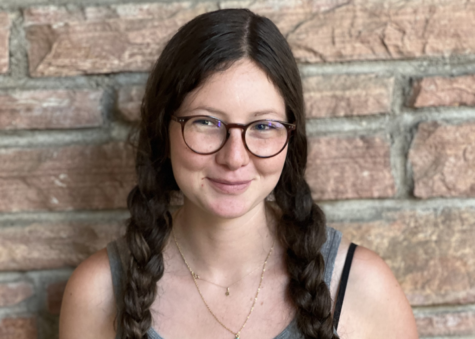
Hannah (rhymes with fauna!) Cohen is ecstatic to be working on the Owl for her third and final year. She loves stories in all their forms, but she mostly has opinions on obscure podcasts and which New York Times opinion columnists are defacing the good name of journalistic analysis. When not busy with stumbling through sheet music, editing nonfiction for jGirls+ Magazine, or seeking out the cheapest bluegrass venue, Hannah enjoys wandering around the mountains with her friends and lovely labradoodle. Although she's slightly preferential to the sweeter, more robust taste of red grapes, she knows that the bliss of biting into a crunchy grape transcends color.


